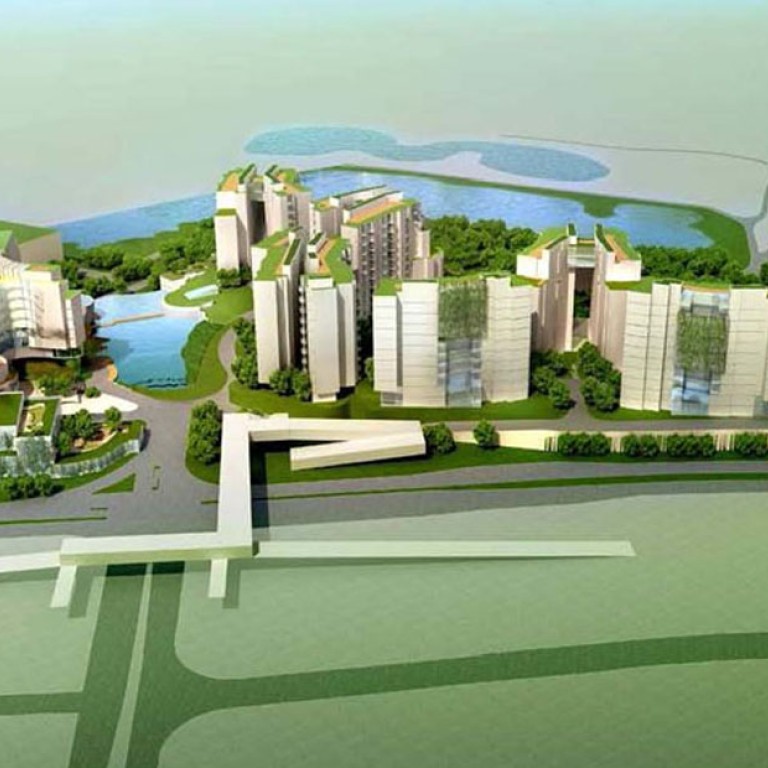
Hong Kong needs to study the needs of an ageing society
The government has embarked on an extensive public consultation on population policy. It seems to include many aspects: our ageing society, retirement protection, housing needs, the balance between economic growth and the quality of life, more support for those wanting families, and the role of immigration.
The government has embarked on an extensive public consultation on population policy. It seems to include many aspects: our ageing society, retirement protection, housing needs, the balance between economic growth and the quality of life, more support for those wanting families, and the role of immigration.
But an unrelated analysis by this newspaper has unearthed an element of changing demographics that could warrant a public consultation on its own. The latest projections by the Census and Statistics Department show that satellite towns built since the 1970s will age disproportionately in the next five years. The number of residents over 65 in Tuen Mun, Sha Tin and Tai Po will grow by more than a third, compared with just 20 per cent in older districts.
This raises the issue of planning housing for the elderly, whether purpose-built or retrofitted. Despite the ageing of these three towns, only five of 11 sites earmarked in the policy address for building homes for the elderly are in those towns. The apparent mismatch of sites with potential demand is compounded by an apparent lack of knowledge about the economic circumstances of those turning 60 or 65 by 2018.
We were unable to obtain details in approaches to the census department and to the policy bureaus concerned. The chairman of the Elderly Commission, Alfred Chan Cheung-ming, says, rightly, that the government needs more data if it is to properly plan the location of nursing homes and day care centres for the elderly; determine which public estates should be retrofitted earlier with elderly-friendly features; and assess what help the Housing Society needs to play a bigger role in providing for the elderly. The information is important if we are to meet the needs of the next generation of retirees, who will have very different educational and economic backgrounds from the present one.
More than half the city's elderly live in private housing, with about a third in Housing Authority or Housing Society public rental flats, and 17 per cent in subsidised flats under the Home Ownership Scheme. People are more likely than ever to live long enough to need an age-friendly, active environment in retirement, or care or day companionship. Societies are not just judged on economic indices, but on how they plan for care of the vulnerable and disadvantaged, who increasingly include senior citizens of an ageing population.

